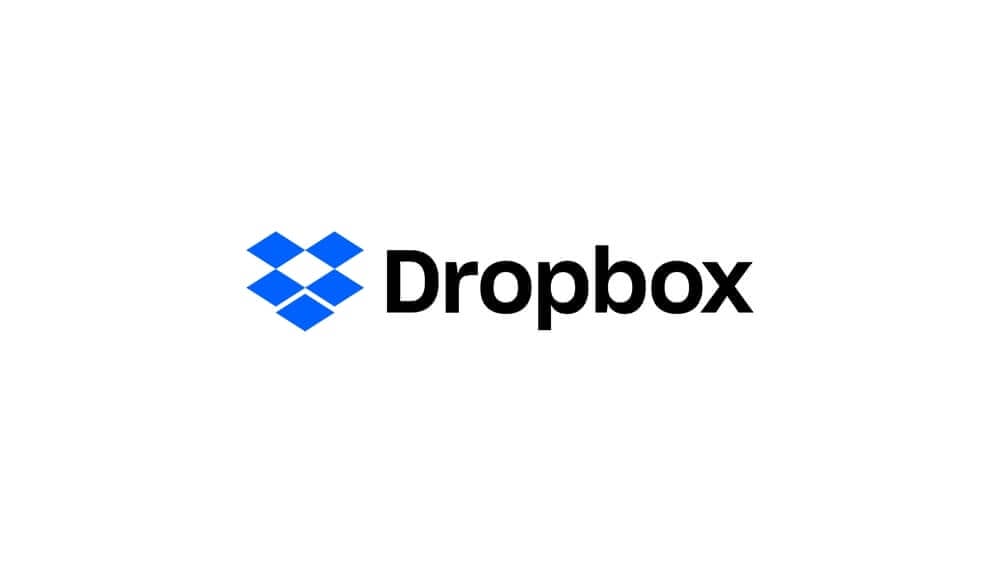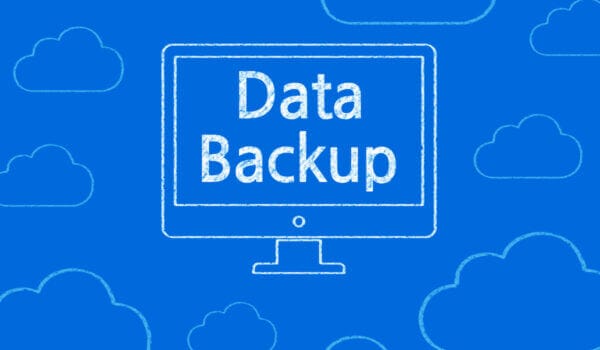
Cloud-Based Backups: Exploring Dropbox Benefits, Limitations & Alternative Solutions
Written By:

Rob Stevenson
Founder
The modern business world revolves around data, making its preservation and accessibility critical.
From financial records to customer information, the accessibility, security, and integrity of your digital assets are pivotal to your success. While the digital age offers immense convenience, it also introduces new risks to your business data.
This is why storing your data with a cloud-based storage system is so important.
In this blog, we’ll delve into an in-depth analysis of Dropbox as a cloud-based storage solution.
We’ll thoroughly examine its pros and cons. Furthermore, we’ll explore alternative options that may better align with your organisation’s unique needs, ensuring you have the right tools to effectively protect and manage your digital assets.
Pros of dropbox
Dropbox offers a range of benefits that make it a popular choice for individuals, teams, and businesses. Dropbox benefits include:
- File accessibility: Dropbox allows you to access your files anywhere with an internet connection. This is incredibly convenient for remote work, collaboration, and accessing important documents.
- File synchronisation: Changes made to files in your Dropbox folder are automatically synchronised across all linked devices. This ensures that you’re always working with the most up-to-date version of your files.
- Cross-platform compatibility: Compatible with various operating systems, including Windows, macOS, Linux, iOS, and Android. This means you can use it on virtually any device.
- File sharing and collaboration: Makes it easy to share files and folders with others. You can generate shareable links, invite collaborators to specific folders, and leave comments on files for real-time collaboration.
- Version history: Retains a history of file changes, enabling you to store multiple backups and easily restore previous versions as necessary. This feature is valuable for recovering from accidental alterations and tracking the evolution of documents.
- File recovery: Deleted files can often be recovered from Dropbox, which provides a safeguard against accidental data loss. Dropbox can recover files for a certain period after their deletion, allowing you to restore them.
- Offline access: Offers certain offline working capabilities. You can mark files or folders for offline access, which is useful when working on documents without an internet connection. Changes will sync once you’re back online.
- Integration with third-party apps: Integrates with numerous third-party applications and services, enhancing its functionality and allowing you to streamline your workflow.
- Security features: Uses encryption to secure data in transit and at rest. It offers two-factor authentication for added security and provides tools for managing access and permissions.
- Scalability: You have the option of starting with a free Dropbox Basic plan and upgrading to a paid one as your storage needs grow.
Cons of Dropbox
While Dropbox offers numerous advantages, it also has some limitations. Disadvantages of Dropbox as a cloud solution include:
- Limited free storage: The free Dropbox Basic plan provides a relatively small amount of cloud storage space, which can quickly fill up, especially if you work with large files.
- Not an adequate backup solution: While it offers basic versioning and rollback features, Dropbox lacks robust backup capabilities. Users relying solely on Dropbox will find themselves at risk of data loss. A third-party backup solution is essential for comprehensive data protection and recovery.
- Cost of paid plans: Upgrading to a paid Dropbox account plan can be costly for users or businesses with extensive storage needs. Pricing can become a concern as you require more space.
- Privacy concerns: Dropbox stores your files on its servers, which can raise privacy concerns if your organisation deals with sensitive or confidential data. Although Dropbox uses encryption, the perception of data control may still be a concern.
- Dependence on internet connection: The Dropbox app relies on an internet connection for synchronisation and access. If you have limited or no connectivity, accessing files can be challenging.
- File size limitations: There are limitations on the size of individual files you can upload to Dropbox, especially with free and lower-tier plans. This can be problematic for users dealing with large media files.
- Collaboration features: While Dropbox offers collaboration features, they may not be as comprehensive or integrated as some specialised collaboration tools or platforms.
- Integration complexity: Integrating third-party apps and services with Dropbox can sometimes require technical know-how, and not all apps may be fully compatible.
- Versioning and recovery limitations: While Dropbox offers file version history and recovery options, the free version has limitations regarding how far back you can access versions or recover deleted files.
- Security and compliance: Depending on your specific security and compliance requirements, Dropbox’s security features may not be sufficient, and you might need additional tools or services.
- User experience with large folders: Users who work with large folders and numerous files may find the Dropbox web interface less efficient for organisation and navigation.
- Advanced features for business plans: Some advanced features, such as admin controls and advanced security options, are only available with Dropbox’s higher-tier business plans, which can be expensive for smaller organisations.
- Competitive alternatives: Many alternative cloud storage and collaboration platforms are available, some of which may offer more tailored solutions or cost-effective options for specific needs.
Dropbox alternatives
There are several alternatives to Dropbox, with each cloud storage service featuring its own set of features and benefits.
When choosing an alternative, consider your specific needs, such as storage capacity, collaboration features, security, and pricing. Here are some popular alternatives to Dropbox:
Google Drive
Google Drive is known for its seamless integration with Google Workspace (formerly G Suite) apps like Google Docs, Sheets, and Slides. It offers 15 GB of free storage and paid plans with larger storage options.
Microsoft OneDrive
OneDrive is Microsoft’s cloud storage solution, tightly integrated with Microsoft 365 (formerly Office 365). It provides a generous amount of free storage and is an excellent choice for Windows users.
Egnyte
Egnyte offers a robust and intuitive solution for businesses in need of sending very large files with ease. Its platform is enhanced by a plethora of third-party add-ons, making it incredibly versatile for integration with existing business tools. The clean and straightforward web app interface ensures users can navigate and manage their files effortlessly, positioning Egnyte as an outstanding choice for organisations seeking efficient and scalable cloud storage solutions.
Box
Box is renowned for its enterprise-grade security, trusted by Fortune 500 companies to safeguard sensitive data. It facilitates the transfer of very large files, meeting the needs of businesses with significant data handling requirements. Box’s commitment to security, alongside its powerful collaboration tools, renders it an ideal option for large organisations prioritising data protection and seamless teamwork.
Tresorit
Tresorit provides 5GB of free storage, making it an accessible option for individuals and small businesses alike. It sets itself apart with end-to-end encryption, ensuring that your data remains secure and private from the moment it leaves your device to when it reaches its destination. Tresorit’s reliability and focus on security make it a compelling choice for users who value the protection of their data in the cloud.
Enhance data security and protection with BackupVault
BackupVault’s comprehensive cloud backup solution can effectively address the data backup limitations of Dropbox and alternatives, including Microsoft 365, Google Workspace, Azure, Dynamics, AWS, servers, desktops, and NAS devices.
We’re proud to provide automatic file backup and critical data protection against ransomware, insider attacks and hackers for businesses and organisations worldwide.
Our vendor-independent approach sets us apart, allowing you to select reputable vendors that align seamlessly with your specific data protection objectives.
Our tailored solutions cover a broad spectrum, and our dedicated team of data protection experts goes the extra mile to grasp your unique requirements. This ensures we guide you toward the best online backup service that suits your organisation’s needs.
Take the first step towards confidence by initiating your 14-day free trial with BackupVault today.


